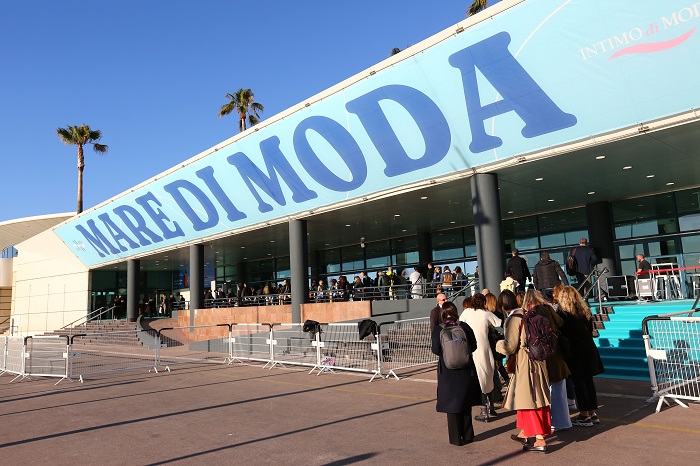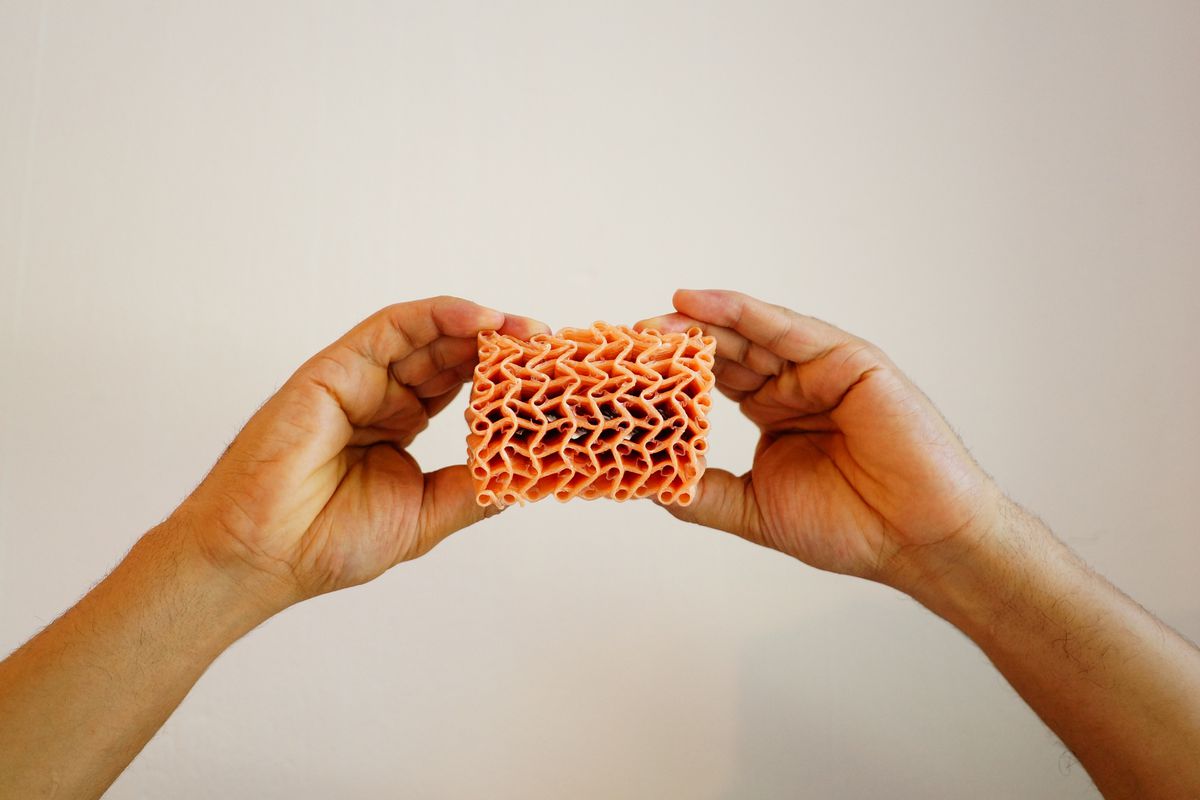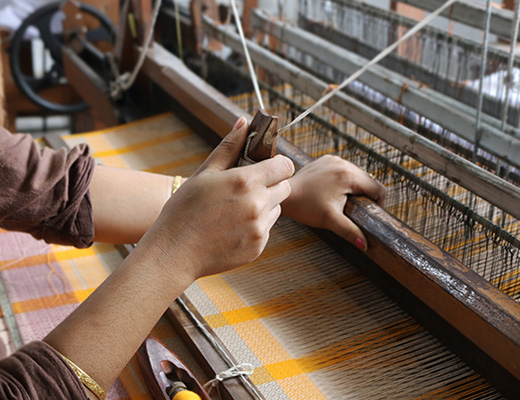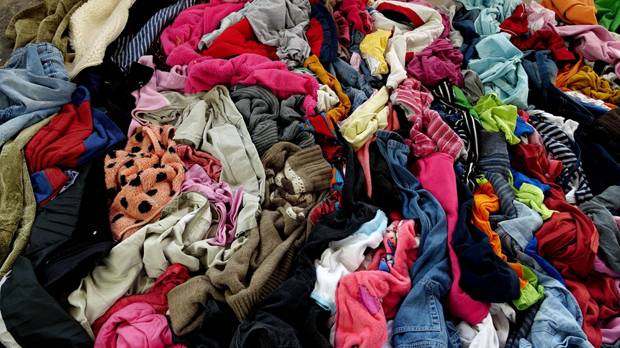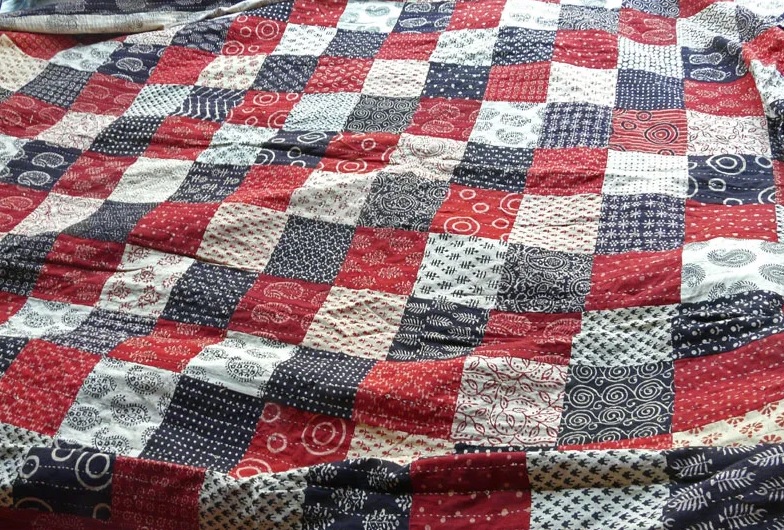Joining a movement against a controversial practice still used primarily in Australia, Spanish fashion retailer Mango has pledged to phase out wool sourced from mulesed lambs by 2030.
Known as mulesing, this process involves the removal of skin around a lamb’s buttocks and tail to prevent flystrike, a potentially fatal condition caused by fly larvae infestation. Over 80 per cent of the world’s superfine Merino wool is produced in Australia, where mulesing remains common.
With a revenue of €3.1 billion (A$5.1 billion) in 2023, Mango is now part of a group of 90 global brands—including Adidas, Zara, Patagonia, and Kathmandu—that have signed the Four Paws ‘Brand Letter of Intent,’ pledging to reject mulesed wool.
A global animal welfare organisation, Four Paws, has led advocacy against mulesing, emphasising the procedure’s cruelty. The group hopes, Mango’s decision will set a precedent in the fast-fashion sector, pressuring other brands to follow suit. Four Paws insists that pain-free alternatives are feasible and urges the Australian wool industry to end the practice.
Australia’s wool industry, however, is pushing back against the anti-mulesing campaign. Leading national body, Wool Producers Australia has criticised Four Paws’ description of mulesing as ‘live lamb cutting,’ calling it a ‘sensationalised’ term. Jo Hall,CEO, Wool Producers, argues, the phrase is misleading, emphasising that mulesing has long been recognised as an effective method to protect lambs from flystrike.
Four Paws has continued its campaign against mulesing, launching a global video titled ‘Be Their Voice,’ featuring Australian actress Danielle Macdonald and US actor Scott Evans to raise awareness.


